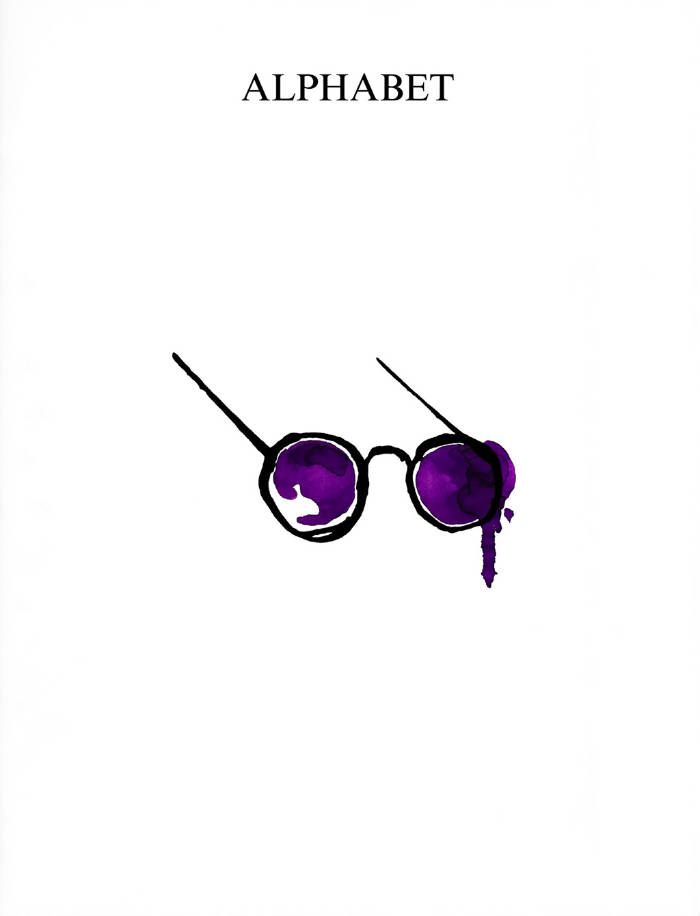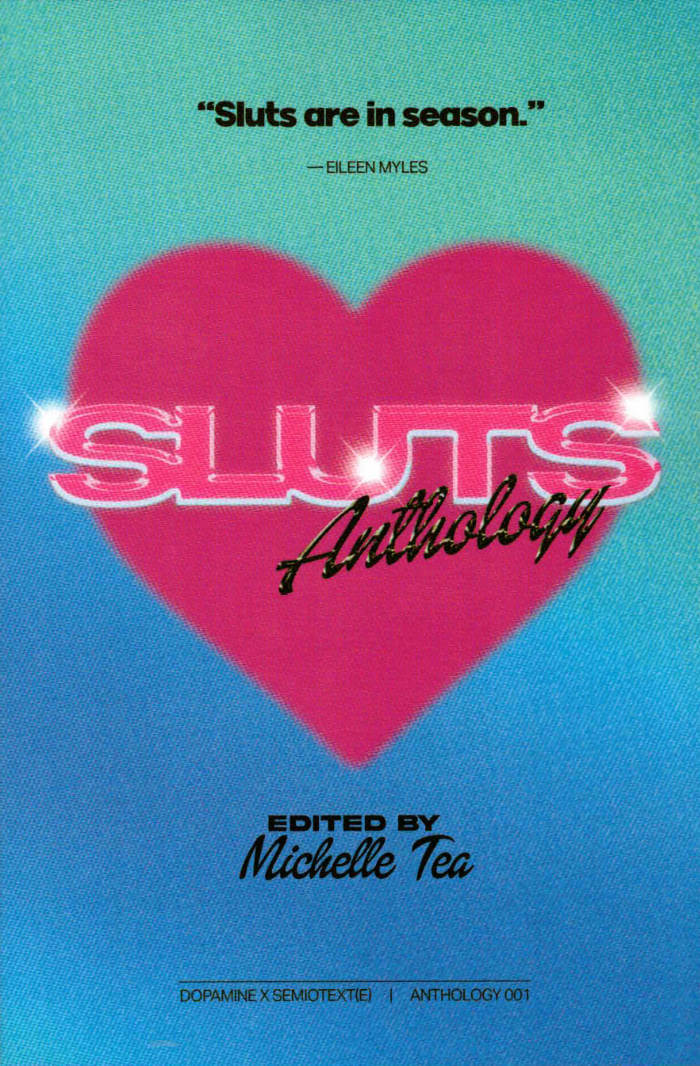Hedi El Kholti
Hedi El Kholti

Reynaldo Rivera
Lauren Mackler, Hedi El Kholti
Throughout the 1980s and 1990s, Reynaldo Rivera took personal photos of the Los Angeles that he lived in and knew: a world of cheap rent, house parties, subversive fashion, underground bands, and a handful of Latino gay and transvestite bars: Mugi’s, The Silverlake Lounge, and La Plaza. Most of these bars are long closed and many of the performers have died. But in Rivera’s photographs, these men and women live on in a silvery landscape of makeshift old-style cinematic glamour, a fabulous flight from unacceptable reality.
As a teenager, Rivera took refuge in used bookstores and thrift stores, where he discovered old photo books of Mexican film stars and the work of Lisette Model, Brassai, and Bresson. Inspired, he bought a camera and began photographing people at his hotel. In 1981 he moved to Echo Park and began taking photos for the LA Weekly.
This book is an ensemble of almost 200 images selected by Hedi El Kholti and Lauren Mackler spanning more than two decades in Los Angeles and Mexico. The book also includes Luis Bauz’s story, “Tatiana,” about one of the subjects of these photographs; a critical essay on Rivera’s work by Chris Kraus; and a novella-length conversation between Rivera and his friend and contemporary Vaginal Davis about their lives, work, fantasies, and collective histories.
Edited by Hedi El Kholti and Lauren Mackler
With Luis Bauz, Vaginal Davis and Chris Kraus
And more

Alphabet Magazine #01
The first issue of the magazine made by artists, founded by Donatien Grau and Thomas Lenthal. Contributions by Mathias Augustyniak, Naomi Campbell, Théo Casciani, Michael Chow, Pan Daijing, Es Devlin, Claire Fontaine, Edwin Frank, Theaster Gates, Nicolas Godin, Alejandro Jodorowsky, Hedi El Kholti, Michèle Lamy, Paul McCarthy, Ian McEwan, Eileen Myles, Marc Newson, Hans Ulrich Obrist, Diana Widmaier Picasso, Ariana Reines, Barbara Chase-Riboud, Julian Schnabel & Jason Momoa, Hanna Schygulla, Juergen Teller, Iké Udé, McKenzie Wark, Robert Wilson, Yohji Yamamoto.
Alphabet is the artists' magazine. Here, they run the show. They write, they make images, they select their own works, they interview the figures they admire, they tell us what we did not know about them nor could have ever fathomed about life. This magazine is conceived entirely to put them in the driver's seat, and to enable readers to become part of the unique vision of some of today's greatest luminaries.
It is a manifestation of the creative community, coming together from all fields, from all generations and threads of culture. Writers, musicians, designers, painters, sculptors, poets—artistic figures of every kind converse all the time in their lives, but they did not have a shared space for their editorial projects. This is it.
Everyone who finds their way into Alphabet has made a mark on life, art, and culture, in a way that signals their importance to the present. Some of the contributors may be world famous, others well respected, others on the way to becoming the legends they already are. Their relevance to culture is the same, and that is why they all belong here, in the endeavor of the creative community. There is no hierarchy of status, or domain, or apparent impact. Some of the greatest revolutions happen undercover. Some of the most established voices are still breaking ground. The magazine's premise is simple: the old opposition between pop and underground does not make sense anymore. There are many creative communities, each following its own rules, each inventing its own space. Here, wherever they come from, whatever their community, artists can exist together, with the same intention of changing, and improving, what life is; with the same belief that art matters more than anything else.
None of the contributors is here randomly. They keep life thrilling and exhilarating, challenge the perception of everything and anything. Their role in shaping every aspect of life can hardly be overstated. That is why they needed a place to elaborate their own alphabet, their way of ordering and structuring language, the world, and the fabric of life—a place of freedom, where everything would be done to highlight their visions, where the very design would be a shrine to their magic. Even the distribution of the magazine was conceived with artists—each contributor suggesting sites of their liking.
Alphabet is also the magazine of magazines. Here, readers find essays, fictions, poetry, visual projects, DIY methods, recommendations from those who know, even games and astrology—and an artist's alphabet, articulating an entire universe. Anything that has ever formed a section of a magazine could find its way here. Even the cover is conceived by an artist: it was conceived especially by the legendary Robert Wilson. Artists will rejuvenate what magazines are, and magazines will be kept forever young by and with them.
Founded by Donatien Grau and Thomas Lenthal, Alphabet is a bi-yearly art magazine. Not a magazine about art. It's a magazine made by artists. Each contribution like an œuvre, making it the ultimate collector piece. Each cover is designed, with the word Alphabet, by a different artist, initiating a cult series.

Sluts: Anthology
What it means to be sexually promiscuous in contemporary American culture, edited by cult-favorite author Michelle Tea.
SLUTS, the first publication from vulgarian queer publisher DOPAMINE BOOKS, is an exploration of what it means to be sexually promiscuous in contemporary American culture. Featuring personal essays, spilled secrets, fiction, memoir, and experimental works, SLUTS asks writers and readers to investigate the many ways the notion of the slut impacts our inner and outer lives, as a threat or an identity, a punishment or an aspiration, a lifestyle, an aesthetic, a philosophy and rallying cry. From hideous and terrifying first encounters to postapocalyptic polyamory, from unionizing sex workers to backstage tableaux of sex and drugs and rock and roll, SLUTS's stories probe the liberating highs and abject lows of physical abandon. Featuring work from performer Miguel Gutierrez, hailed by the New York Times as “an artist of ordered excess”; former Nylon magazine editor in chief Gabrielle Korn; award-winning author Brontez Purnell; Whore of New York author Liara Roux; National Book Critics Circle Award winner Jeremy Atherton Lin; and a host of additional artists and writers, SLUTS reveals the knowledges provoked by a dalliance with desire.
Contributors
DL Alvarez, Vera Blossom, Chloe Caldwell, Cristy Road Carrera, Sam Cohen, Tom Cole, Lydia Conklin, jimmy cooper, Lyn Corelle, Jenny Fran Davis, Cyrus Dunham, Hedi El Kholti, Robert Glück, Miguel Gutierrez, Gary Indiana, Taleen Kali, Cheryl Klein, Gabrielle Korn, Jeremy Atherton Lin, Nate Lippens, Meredith Maran, Carta Monir, Amanda Montell, Carely Moore, Bradford Nordeen, Baruch Porras-Hernandez, Kamala Puligandla, Brontez Purnell, Liara Roux, Andrea Sands, Daviel Shy, Jen Silverman, Anna Joy Springer, Laurie Stone, McKenzie Wark, Zoe Whittall.

Responses to Untitled (eye with comet) By Paul Thek
Responses to Untitled (eye with comet) (c.1985) by Paul Thek is the sixth and final anthology in a series that gathered responses to works of art made during a period of the ongoing AIDS Crisis, from the identification of the virus in 1981 to the introduction of life-saving drugs in 1996.
In this sixth iteration, responses were sought to the painting Untitled (eye with comet) by Paul Thek. The work was found in his storage after his death from AIDS in 1988.
List of contributors in order of appearance:
E.R. De Siqueira
Ben Estes
João Motta Guedes
Lucy Swan
Jon Rainford
Louis Shankar
Amy Evans Bauer
Hattie Morrison
Sammy Paloma
AN Grace
James Horton
Nick Wood
Sophie Paul
Jae Vail
Elizabeth Zvonar
Lars Meijer
Clay AD
Michel Kessler
Pablo Miguel Martínez
Emma Harris
Dylan McNulty-Holmes
Kitya Mark
Katherine Franco
Ainslie Templeton
Alistair McCartney
John Brooks
Jesse Howarth
jimmy cooper
Felix Pilgrim
Nicholas Chittenden Morgan
Murphy O’Neir
Rachel Cattle
Isabel Nolan
Susan Finlay
Ted Simonds
Brooke Palmieri
Kate Morgan
Ashleigh A. Allen
Diogo Gama
JP Seabright
Hugo Hagger
Amanda Kraley
Brendan Cook
Matt Bailey
Charlotte Flint
Rodney Schreiner
Lucy Price
Morgan Melhuish
Jordan Weitzman
Jaakko Pallasvuo
Alex Fiorentino
Harald Smart
Marguerite Carson
loll jung
Richard Porter
Nicholas Kalinoski
Hedi El Kholti
Edmund Francis English
Ted Bonin